5 Essential Tips for Choosing the Best Industrial HVAC Companies
When it comes to the selection of industrial HVAC companies, the decision can significantly impact the efficiency and performance of your facility. The ideal partner not only ensures optimal climate control but also contributes to the overall operational excellence of your business. With many options available in the market, choosing the right company requires careful consideration of various factors.
Understanding the importance of industrial HVAC systems in maintaining a comfortable and productive working environment is essential. Businesses rely on these systems for ventilation, heating, and cooling, which means that your choice of HVAC provider will resonate throughout your operations. Therefore, it is crucial to prioritize quality and reliability above all else to ultimately foster a sustainable and efficient industrial setting.
In this guide, we will delve into five essential tips designed to aid you in selecting the best industrial HVAC companies available. By being informed and strategic in your approach, you can ensure that you partner with a provider who meets your specific needs and supports your long-term goals.
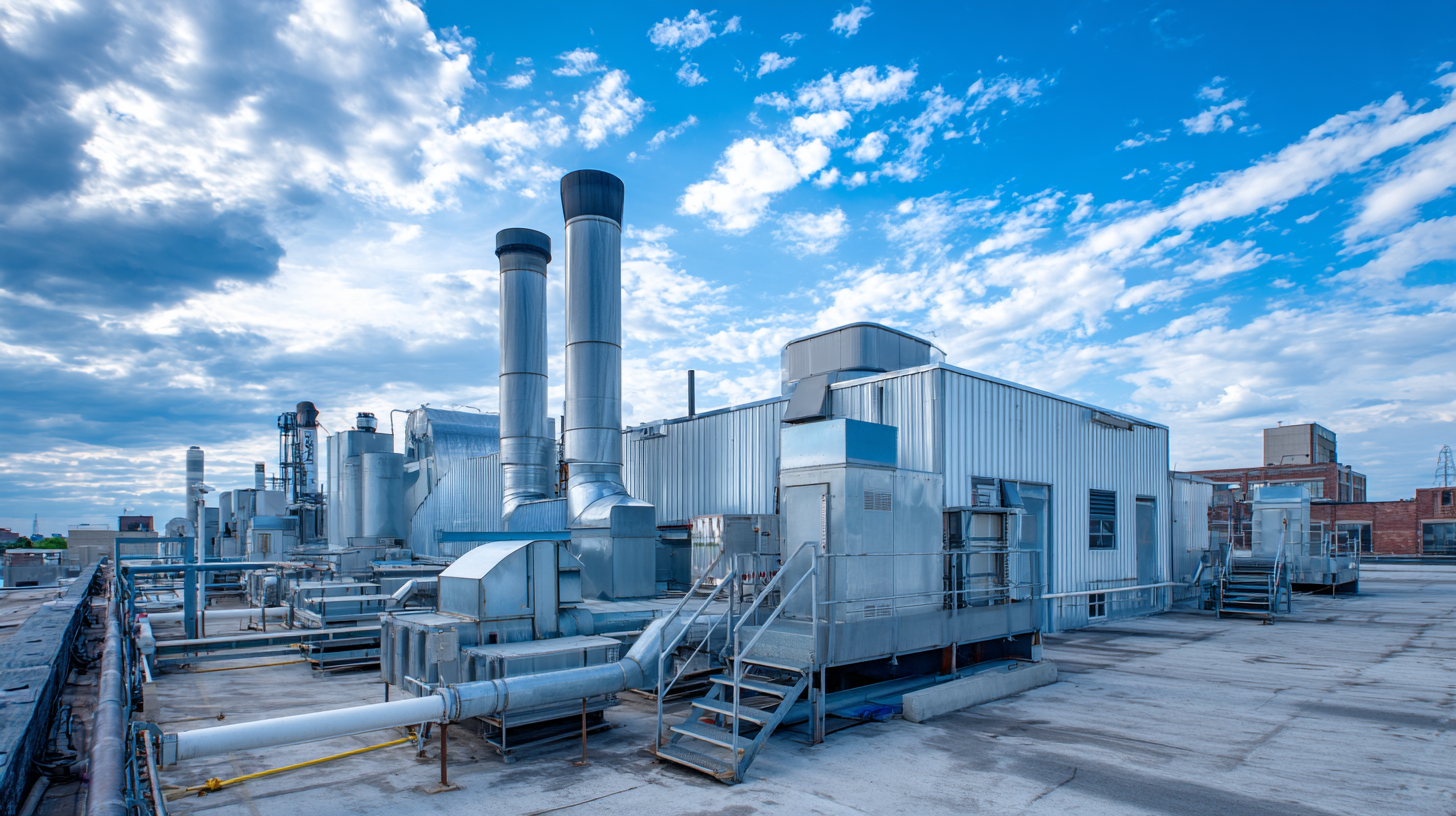
Understanding Industry Standards: What Makes an HVAC Company Top-Tier?
When evaluating HVAC companies in the industrial sector, understanding industry standards is crucial in identifying top-tier providers. First and foremost, certification and accreditation play a significant role. Look for companies that are certified by recognized bodies, such as the American Society of Heating, Refrigerating and Air-Conditioning Engineers (ASHRAE) or the Refrigeration Service Engineers Society (RSES). These certifications ensure that the company adheres to the highest standards of professionalism and technical expertise.
Moreover, a top-tier HVAC company should demonstrate a robust portfolio of previous projects, showcasing their experience across various industrial applications. This experience not only reflects their capability to handle complex systems but also their familiarity with specific regulatory requirements and energy efficiency standards. Additionally, customer reviews and testimonials can provide valuable insights into their reliability and commitment to service quality. Together, these factors form a foundation for identifying HVAC service providers that meet rigorous industry standards and prioritize customer satisfaction, ultimately leading to better performance and longevity of HVAC systems.
Evaluating Customer Reviews: Why 87% of Clients Trust Online Feedback for HVAC Services
When choosing the best industrial HVAC companies, evaluating customer reviews is a crucial step that shouldn’t be overlooked. Research shows that 87% of clients trust online feedback for HVAC services, making these reviews a key factor in the decision-making process. Prospective clients often rely on previous customers' experiences to gauge the reliability, efficiency, and service quality of HVAC contractors. Positive reviews can significantly enhance a company's reputation, while negative feedback can serve as a warning sign, prompting potential customers to explore other options.
In today’s digital landscape, businesses that are actively engaging in local SEO strategies are more likely to attract attention and build trust among clients. Companies that optimize their online presence not only increase their visibility but also improve the likelihood of receiving favorable reviews. As seen in recent industry developments, successful marketing strategies effectively link satisfied customers' experiences to enhanced service offerings, reinforcing the importance of customer feedback in the HVAC sector. For those seeking HVAC services, focusing on online reviews can lead to more informed choices, ultimately ensuring better service selection.
Client Trust in Online Feedback for HVAC Services
Assessing Energy Efficiency: The Importance of SEER Ratings in HVAC Systems
When selecting an industrial HVAC company, assessing energy efficiency is a critical factor that should not be overlooked. One of the key metrics to consider is the Seasonal Energy Efficiency Ratio (SEER) rating, which measures the cooling output of an air conditioning system divided by its energy consumption over a typical cooling season. A higher SEER rating indicates better energy efficiency, which can lead to significant cost savings on energy bills and a reduced environmental impact. Choosing a system with a high SEER rating not only enhances operational efficiency but also contributes to sustainability efforts within the industry.
Moreover, understanding how SEER ratings affect overall performance can help businesses make informed decisions. For industrial settings, where the demand for cooling can be substantial, investing in HVAC systems with superior SEER ratings can substantially minimize operational costs. Additionally, companies should collaborate with HVAC providers that prioritize energy-efficient solutions, ensuring that their systems are designed to meet the specific cooling needs of their facilities. By focusing on SEER ratings, businesses can optimize their HVAC investments for a greener and more cost-effective future.
5 Essential Tips for Choosing the Best Industrial HVAC Companies - Assessing Energy Efficiency: The Importance of SEER Ratings in HVAC Systems
| Company Type | Average SEER Rating | Energy Efficiency (%) | Maintenance Cost ($) | Warranty Period (years) |
|---|---|---|---|---|
| Commercial HVAC Contractors | 15 | 20% | 150 | 5 |
| Residential HVAC Installers | 16 | 22% | 120 | 10 |
| Industrial HVAC Specialists | 14 | 18% | 200 | 8 |
| HVAC Maintenance Providers | 17 | 25% | 100 | 7 |
| Energy Auditors | 18 | 30% | 250 | 3 |
Certifications Matter: How 95% of Leading HVAC Companies Hold Essential Industry Credentials
When selecting an industrial HVAC company, understanding the importance of certifications cannot be overstated. In fact, approximately 95% of leading HVAC companies hold essential industry credentials that affirm their expertise and commitment to quality. These certifications not only demonstrate compliance with industry standards but also reflect a company's dedication to ongoing training and knowledge advancement. By choosing a certified company, clients can trust that they are working with professionals who are well-versed in the latest technologies and best practices.
Moreover, certifications can significantly influence the quality of service provided. Companies with recognized credentials often undergo rigorous evaluations and adhere to strict guidelines, ensuring they meet high operational standards. This commitment to excellence can result in enhanced energy efficiency, improved safety measures, and prolonged equipment life—key factors that are vital for any industrial facility. Ultimately, selecting a certified HVAC company fosters a relationship built on reliability and expertise, enabling clients to minimize potential risks and maximize their investment in HVAC systems.
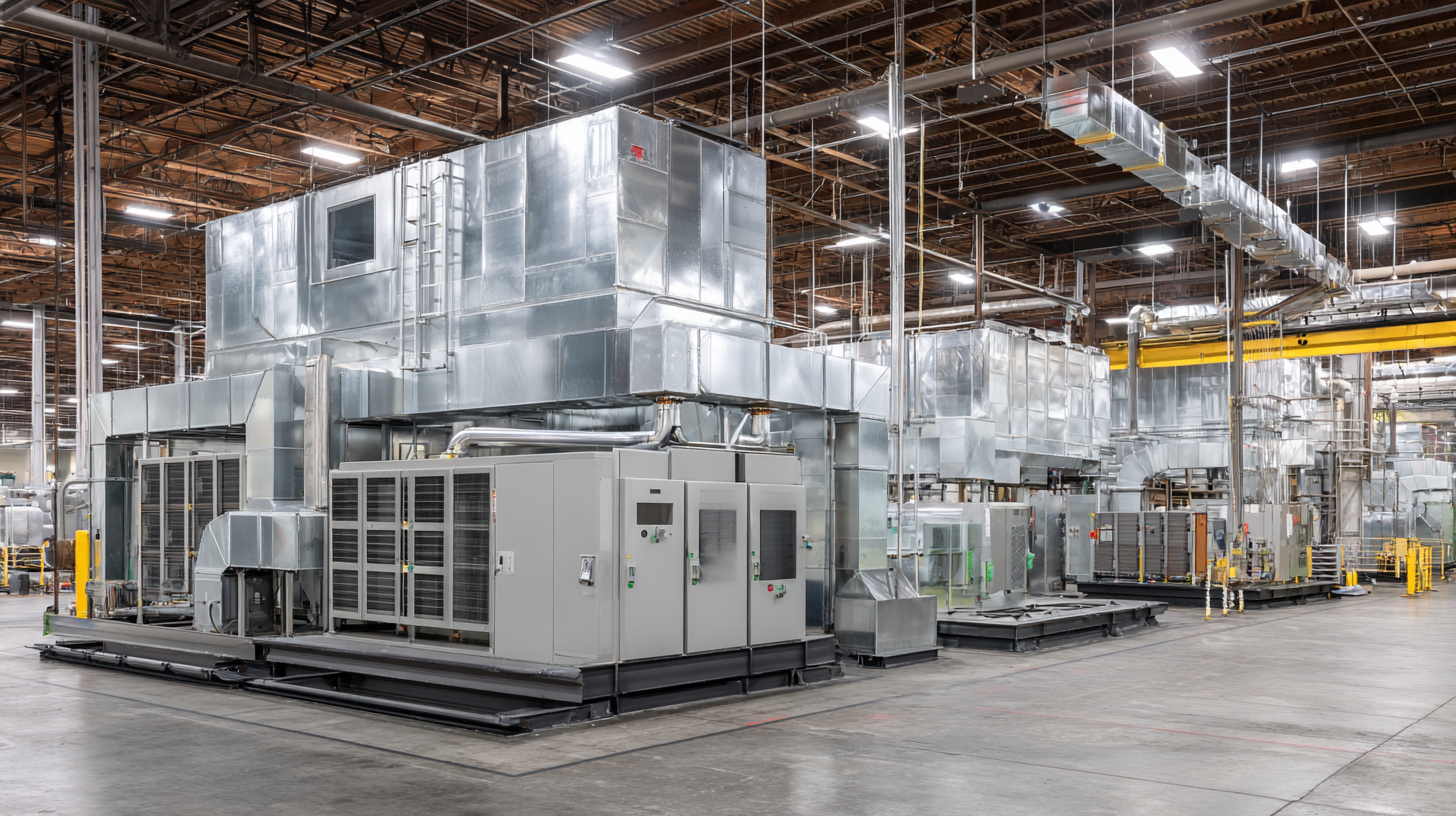
Comparing Maintenance Plans: The Impact of Regular Service on System Longevity and Efficiency
When selecting an industrial HVAC company, understanding the importance of maintenance plans is crucial for your system's longevity and efficiency. Regular service not only helps in identifying potential issues before they escalate but also ensures that the system operates at optimal performance. A well-maintained system can lead to significant energy savings, as it won't have to work as hard to achieve the desired temperature. This efficiency translates into lower utility bills and reduced environmental impact.
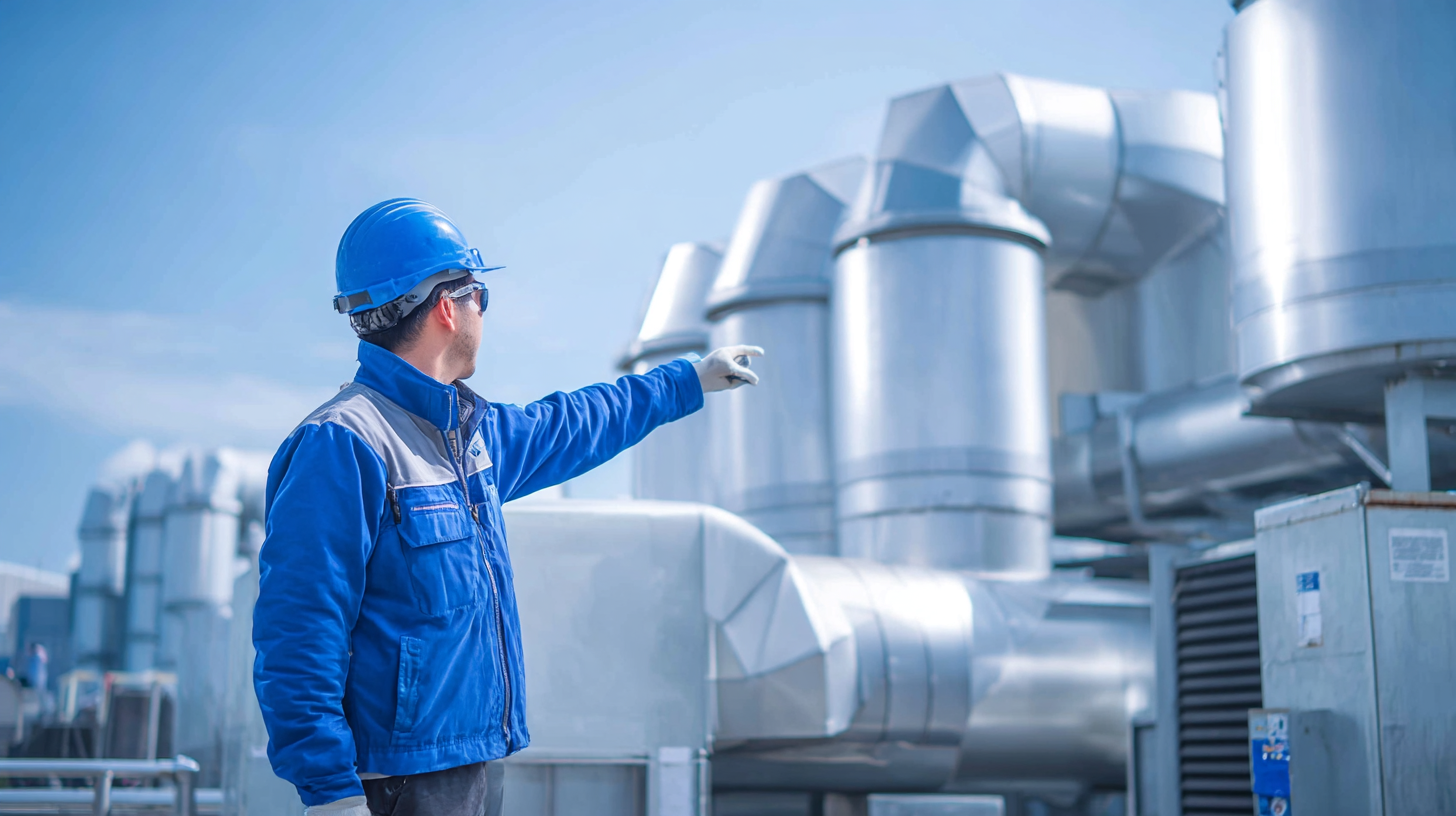
Moreover, different HVAC companies offer a variety of maintenance plans tailored to meet specific needs. When comparing these plans, consider the frequency of service visits, coverage for parts and labor, and response times for emergency repairs. A comprehensive plan often includes regular inspections, cleaning, and system tune-ups, which collectively contribute to a longer lifespan for the equipment. By investing in a reliable maintenance plan, businesses can enhance their operational efficiency and avoid costly downtime, ultimately leading to a better return on investment.
Related Posts
-
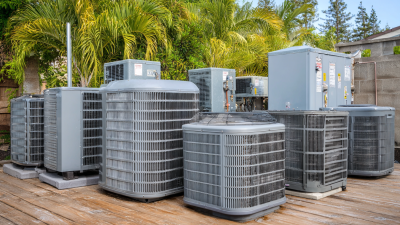
Top 10 HVAC Equipment Picks for Efficient Home Heating and Cooling in 2023
-

Understanding the Role of Air Handlers in HVAC Systems for Optimal Energy Efficiency
-
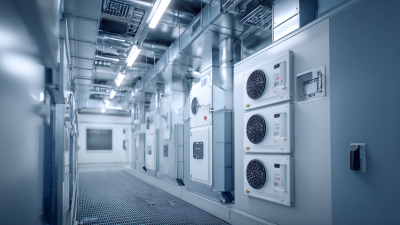
Understanding the Importance of Air Handling Equipment for Indoor Air Quality Safety
-

Unlocking Comfort: Exploring the Pros and Cons of Cheap HVAC Systems for Your Home
